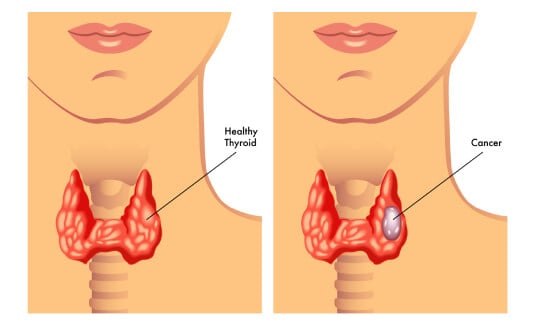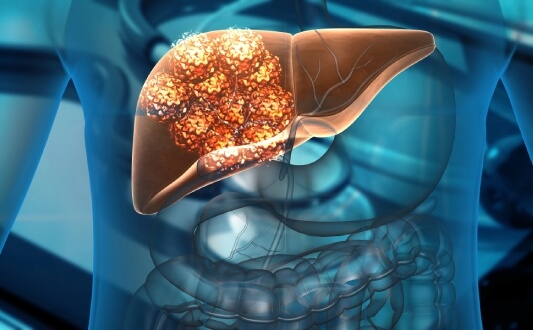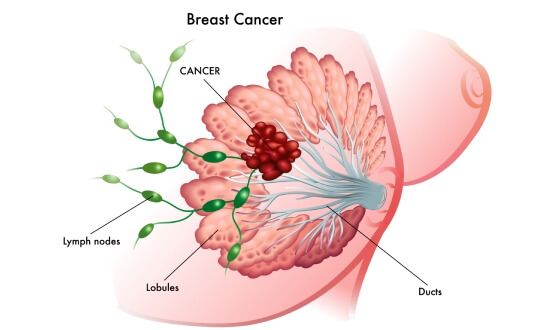Medical Blog About Treatment Abroad
Welcome to our medical blog – it is dedicated to empowering patients with knowledge about global healthcare! We created this platform with the intention to bridge the gap between patients and the medical innovations available globally.
What's Inside: Discover new and rare methods in oncology, immunology, heart surgery, neurosurgery, and other medical fields! Our health travel insights show how medical journeys open new possibilities with advanced treatments unavailable locally, including specialized cancer care abroad.
Who Benefits: This resource is for patients and their families who seek new treatment methods and explore options at leading international hospitals. Those who want to make informed healthcare decisions beyond borders.
Why Read: Booking Health experts provide verified information through patient-friendly articles – they translate complex medical advances into accessible info. Stay current with the latest developments in global healthcare and discover how international medicine can transform treatment outcomes!
Browse our latest articles and take the first step toward better health outcomes!
Treatment
 New Effective Treatments for Stage 4 Cancer: Innovations in Oncology
New Effective Treatments for Stage 4 Cancer: Innovations in Oncology
According to official statistics from the WHO in 2022, oncological diseases are now the cause of one in every six deaths worldwide. This has encouraged the international medical community to develop new advanced cancer treatment methods and increase the effectiveness of the already existing ones. This is particularly important for...
 Klatskin tumor: treatment of bile duct cancer in Germany
Klatskin tumor: treatment of bile duct cancer in Germany
A Klatskin tumor, also known as perihilar cancer, is a type of extrahepatic cholangiocarcinoma, which starts in the area where the right and left bile ducts converge to form the common bile duct. The standard Klatskin tumor treatment options typically include surgery, chemotherapy, and radiation therapy. Surgical resection remains both...
 Treatment of stage 4 cervical cancer in Germany
Treatment of stage 4 cervical cancer in Germany
Cervical cancer remains a significant global health concern. In 2022, approximately 660,000 new cases and 350,000 deaths were reported worldwide, making it the fourth most common cancer among women. Almost all cases of cervical cancer are attributable to human papillomavirus (HPV) infection – particularly high-risk strains like 16 and 18...
 Effective Thyroid cancer Treatment
Effective Thyroid cancer Treatment
Thyroid cancer is one of the most rapidly growing endocrine malignancies worldwide. In Europe, the annual incidence reaches 8.3 cases per 100,000 population, while the mortality remains relatively low at 0.33 per 100,000. This situation reflects the effectiveness of modern diagnostic tools and treatment options, as well as the generally...
 Innovative solutions for the treatment of liver cancer and liver metastases
Innovative solutions for the treatment of liver cancer and liver metastases
The treatment of liver cancer and liver cancer metastases is one of the most complex and challenging tasks, with this oncology type representing the 6th most common cancer worldwide with 866,136 new cases diagnosed in 2022. The diversity of primary cancers poses significant difficulties for both doctors and patients. Even more critical is liver...
 Comprehensive Guide to Brain Cancer Treatment: New and Standard Treatment Options
Comprehensive Guide to Brain Cancer Treatment: New and Standard Treatment Options
Brain cancer refers to a range of tumors originating in the brain. As the evidence suggests, the most aggressive and prevalent malignant form in adults is glioblastoma multiforme (GBM). In fact, recent data reports that this tumor accounts for ~14% of all primary brain tumors. When taking a look at global statistics, the incidence of...
 Brain cancer treatments in Germany
Brain cancer treatments in Germany
Glioblastoma is a relatively rare and extremely aggressive brain tumor. An extensive epidemiological survey has recorded that the mean incidence of glioblastoma is about 3.19 cases per 100,000 people per year. Its aggressiveness is due to the rate at which glioblastoma cells multiply and spread to normal brain tissue, thus making the disease...
 Comprehensive Guide to Breast Cancer Treatment: New and Standard Treatment Options
Comprehensive Guide to Breast Cancer Treatment: New and Standard Treatment Options
Breast cancer (BC) is the most widespread type of cancer among women. According to international data, more than 2 million new breast cancer cases were diagnosed in 2020. This high incidence is linked to numerous breast cancer risk factors, including both genetic and lifestyle components. The risk of breast cancer grows with age, and about 80%...

